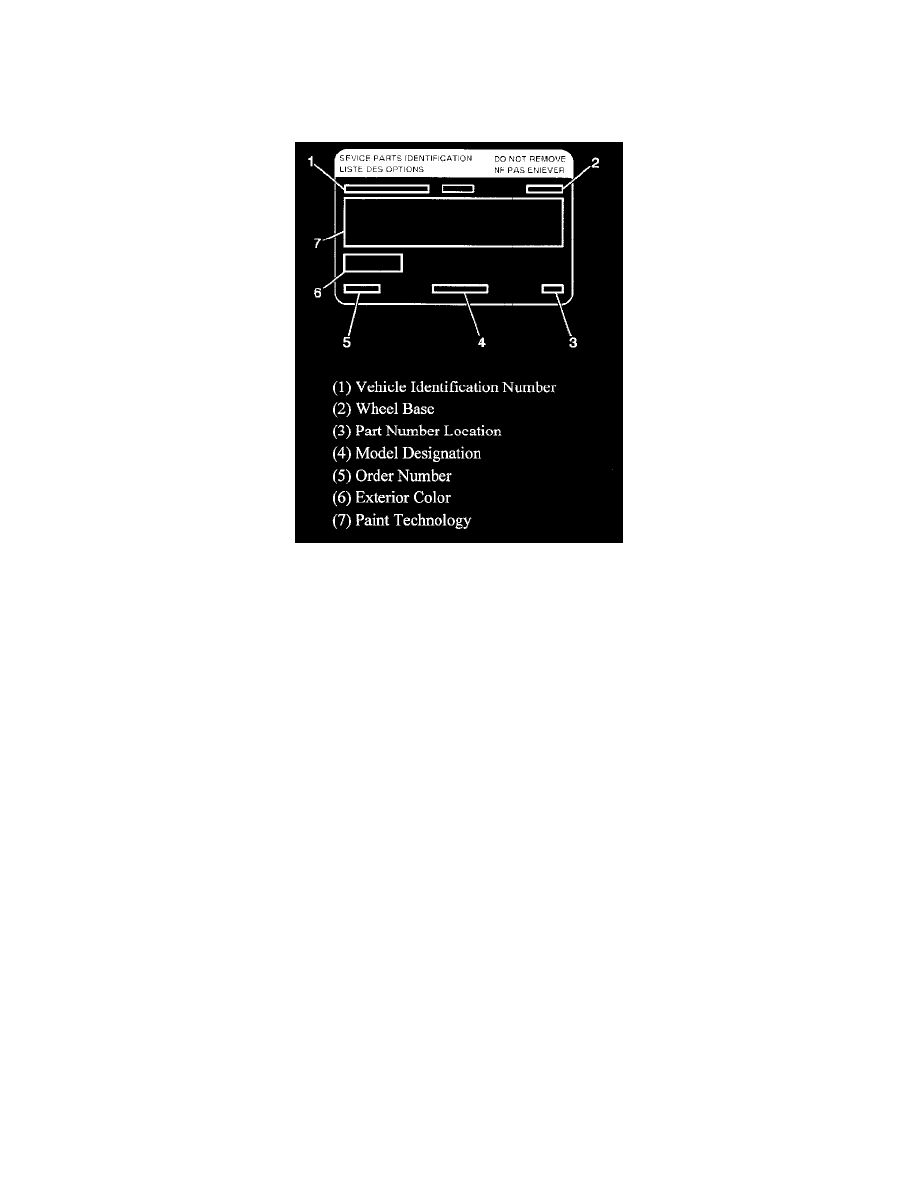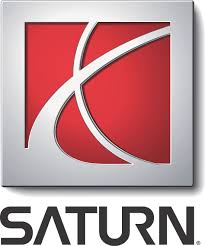VUE AWD V6-3.5L VIN 4 (2004)

includes paint technology, paint codes, trim level, and any special order paint colors.
Parts ID Label Location
The vehicle service parts identification label is located on the left hand rear door. The label is used to help identify the vehicle original parts and
options.
Basecoat/Clearcoat Paint Systems
Basecoat/Clearcoat Paint Systems
Caution: Exposure to isocyanates during paint preparation and application processes can cause severe breathing problems. Read and follow all of the
instructions from the manufacturers of painting materials, equipment, and protective gear.
Caution: Refer to Eye Protection Caution in Cautions and Notices.
All paint finish repairs of rigid exterior surfaces must meet GM standards. The GM Approved Refinish Materials book GM P/N GM4901M-D identifies
the paint systems you may use. Always refer to the latest revision of the 4901M-D book. All approved products, including volatile organic compound
(VOC) compliant regulations are listed in the system approach recommended by the individual manufacturer. Refer to the manufacturer's instructions for
the detailed procedures for materials used in the paint system in the painting repairs of rigid exterior surfaces. All components of an approved paint
system have been engineered in order to ensure proper adhesion between layers.
If necessary, spot repairs or color blending in an open panel can be done. However, do not blend clearcoat in an open panel. Always apply clearcoat to
the next break point (body side molding, feature line, or the next panel).
Do not mix paint systems or substitute a product of one manufacturer for another manufacturer's product. If incompatible products are used together the
following problems may occur:
*
Lifting of primer coats caused by overly aggressive solvents in subsequent layers
*
Loss of adhesion between layers due to incompatibility of resin systems
*
Solvent popping or pinholing due to inappropriate solvent selection
*
Poor through-curing due to incompatible hardener resins or insufficient reactivity
*
Gloss reduction due to incompatible resins and/or solvents
*
Poor color accuracy due to pigment interactions with incompatible resins and/or solvents
*
Film defects (craters, blisters, orange peel loss of gloss) due to the use of inferior quality raw materials in incompatible products
Paint Identification
Paint Identification
Caution: Exposure to isocyanates during paint preparation and application processes can cause severe breathing problems. Read and follow all of the
